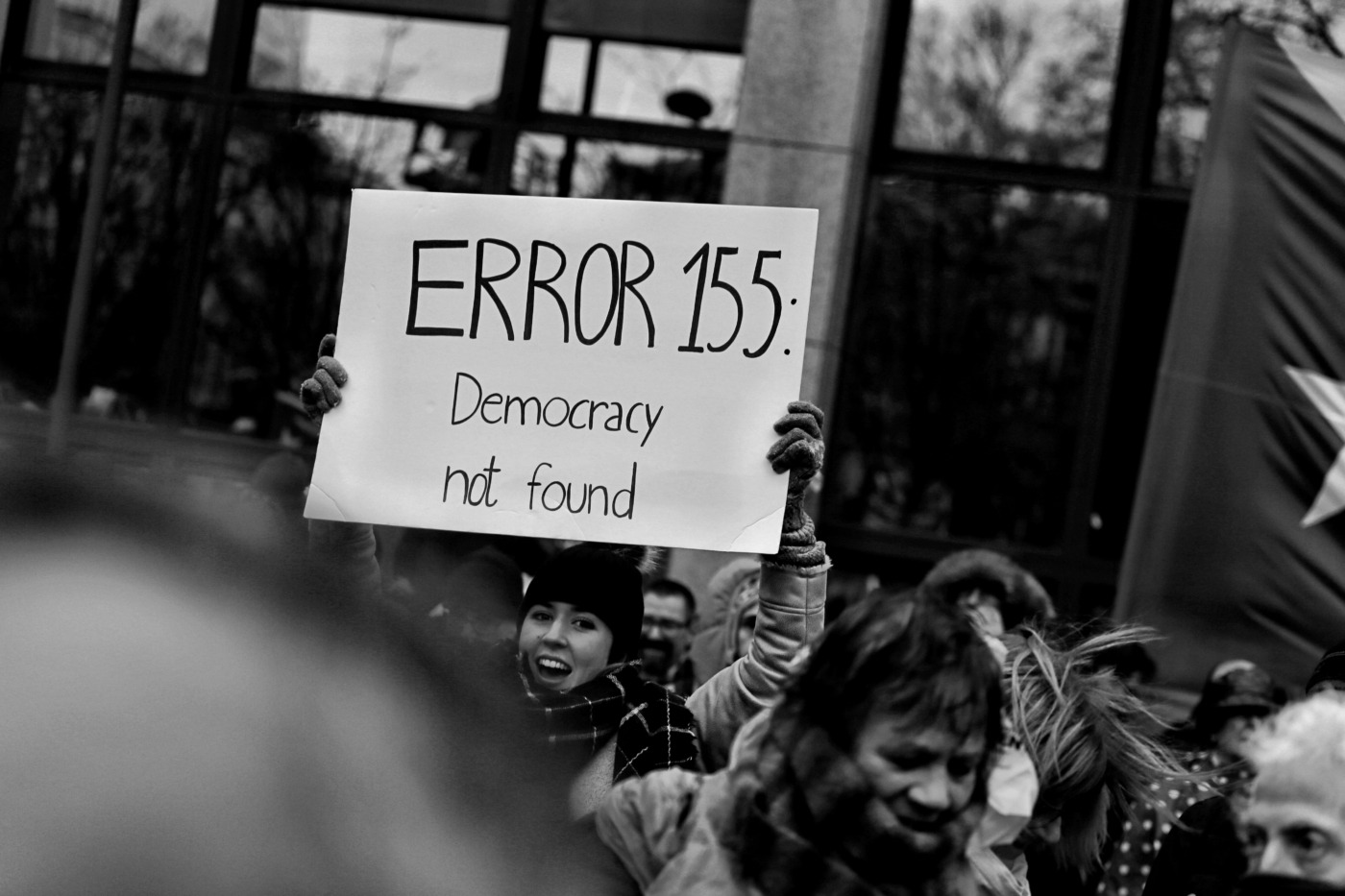Ibsen is still presenting a challenge for the 21st century
Reimagining older plays to make a political statement about the modern world is nothing new. But with Hedda Gabler being revived as Hedda Tesman at the Chichester Festival Theatre, and the Nottingham Playhouse casting the central character of An Enemy of the People as female, I have to ask: can 19th century plays really be made relevant to a 21st century audience?
As part of updating this text to explore the nature of activism today, the Nottingham Playhouse’s production focuses on the relationship between fact and opinion, with the journey of the central Dr Teresa Stockman transferring from the former to the latter. She begins the play by seeking to confirm her suspicions through a scientific test, but by the second act is furiously asserting her own opinion. She is a character who fits firmly into a world which, in the words of Michael Gove, “has had enough of experts.” She favours her own opinion over dry facts.
In a couple of days, Dr Stockman undergoes what western society has taken decades to complete: a rejection of what is true over what is believed, a moulding of facts to fit opinions rather than the reverse. Theatre is often defined as holding a mirror up to society; here, the mirror is sparkling so bright that it is difficult to watch.
But the play also tackles the issue of idealism. Dr Hovstad (a liberal-minded newspaper editor) and Billing (an arsonist-minded employee) often talk about revolution, change and the gap between what should be and what is. But when their resolve is tested by reality, it crumples – they will not support Dr Stockman in her pursuit of the truth when it means ruin.
This, of course, is not unique to the 21st century, but can be seen most powerfully in the inertia surrounding climate change. Those in positions of power are willing to talk about what must be done, but not to suffer economic effects. Unsurprisingly, perhaps, human nature has seemingly changed little in 300 years.
Yet Dr Stockman’s idealism carries her further. She holds a blind faith in her own beliefs which becomes a circular frenzy of ideas, passion and conviction, an utter disregard for the consequences. Those in power are doggedly opposed to the beliefs that justify her very existence, making her extreme journey believable. Considering that so many live under governments such as this and seek to fight them, her spiral exists as a warning: there must be a justification for your beliefs outside the fact that you believe it, an identity outside your convictions.
This play, as all media should, highlights the nuances of belief, of right and wrong, and of heroism. It would be easy to see the activist Dr Stockman as a hero, and yet she does not make that easy. Her speech at the beginning of the second act begins where the audience are comfortable and leads where they cannot follow, culminating in inequality, never tempered or explained. Characters that supported her opinions turn from them, lacking integrity, and characters who oppose have concerns which cannot be ignored. As factions form, it becomes more and more difficult to justify their actions, to identify with any of them. This serves as an illustration of how factionalism breeds extremism.
This, of course, was most powerfully illustrated by the political events of 2016: Brexit and the U.S. election. But most importantly, this play challenges us to see the dangers of these traits not just within a fictional world, but within ourselves.

Comments